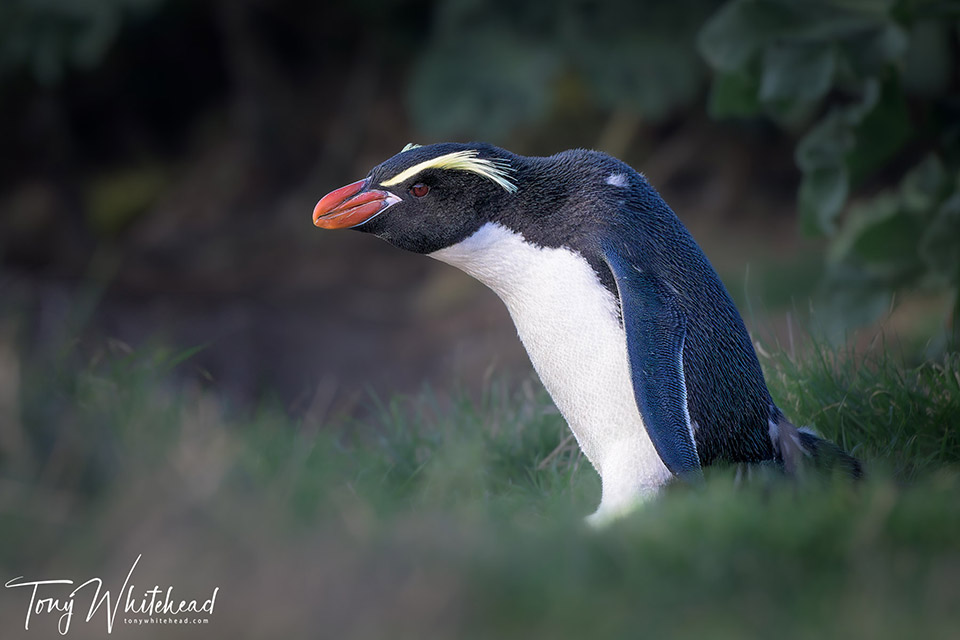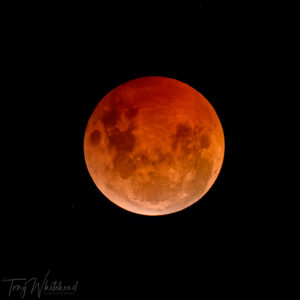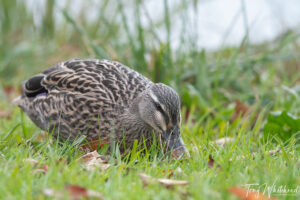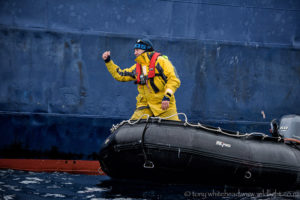On our recent New Zealand Photography Workshops Wildlife Masterclass we were privileged to witness the release of a Pokotiwha/Snares Crested Penguin at the OPERA on the Otago Peninsula. We have had an excellent working relationship with the OPERA for the past few years and they always deliver an excellent bespoke visit for us with our workshop photographers. On this occasion they timed the release of a Pokitawha/Snares Crested Penguin that had been in rehab for our visit.
Pokotiwha/Snares Crested penguins are endemic to the Snares but occasional individuals can be encountered moulting on the Otago Penisula in February and March. In this situation they are often in poor condition and at risk of attack by dogs so a period of rehab protection and feeding can maximise their chances of a safe return to sea.
It would be easy to underestimate the privilege that this experience was. I have been lucky to photograph these unique birds at the home on the Snares Islands a couple of times but there are few people that have had the chance to see and photograph a healthy specimen on mainland New Zealand. Photography opportunities are is usually from a bobbing Zodiac after a costly ship voyage with fingers crossed for calm enough conditions to launch Zodiacs.
Due to the unique opportunity I tried to document the event more than just photograph the bird. This was a bit difficult as the priority is always a clean and stress free release so we are limited in our ability to move and compose images. I was lucky to have 2 camera bodies so had the Nikkor Z 28-400 and the 180-600 to enable a range of opportunities. The following gallery shows the sequence of images.
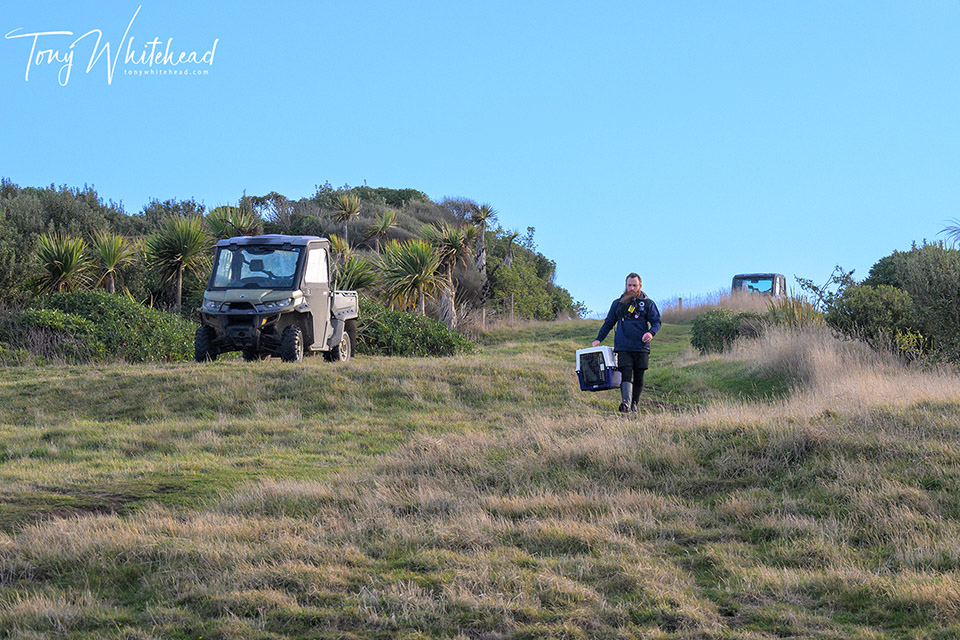
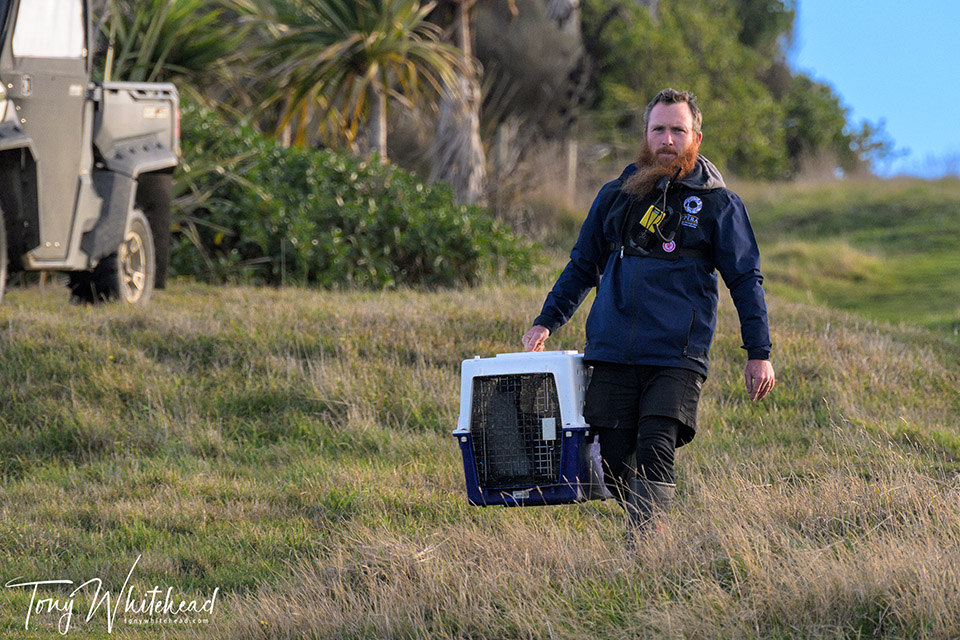
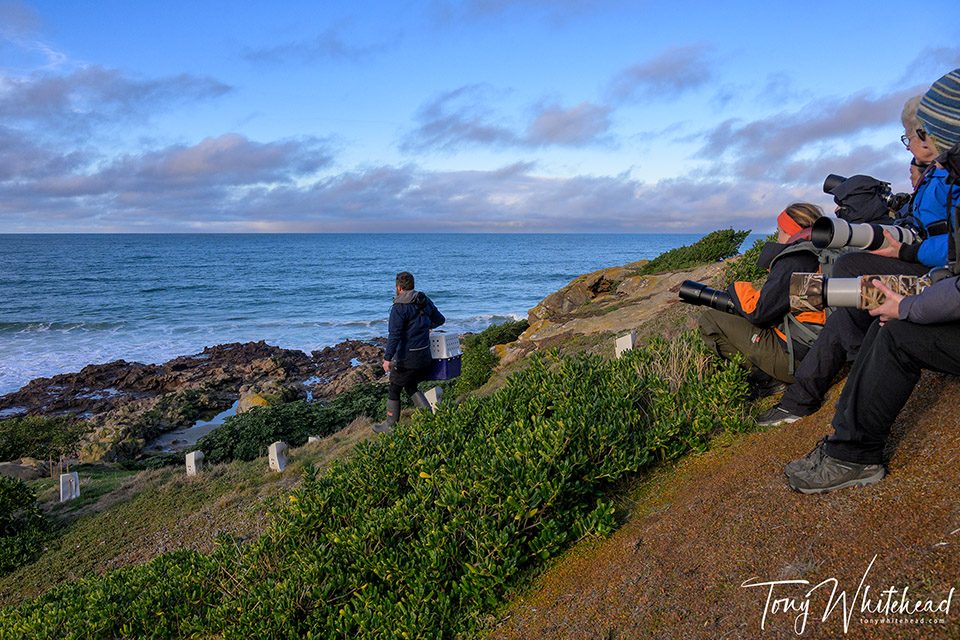
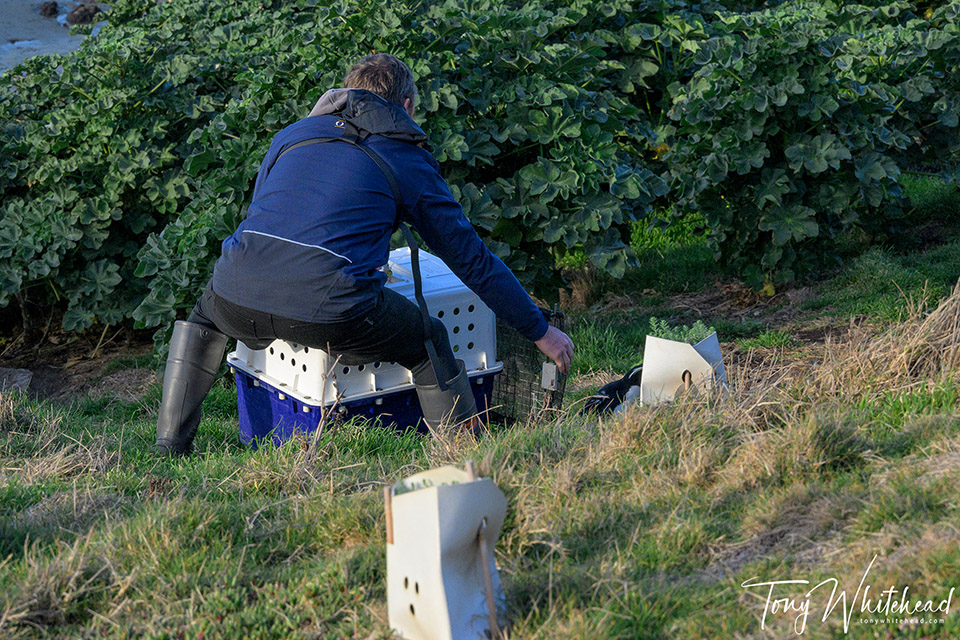
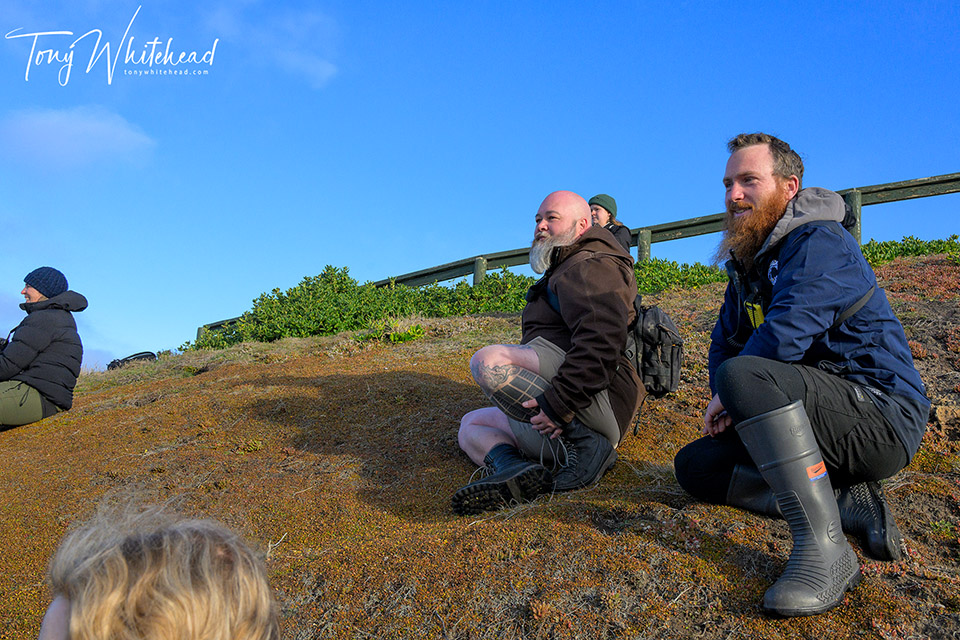
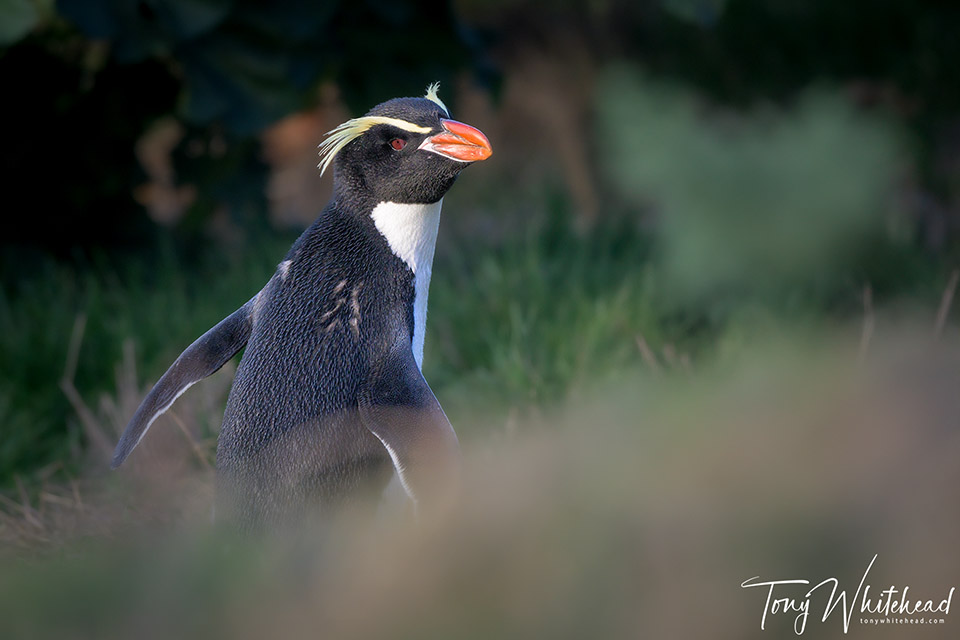
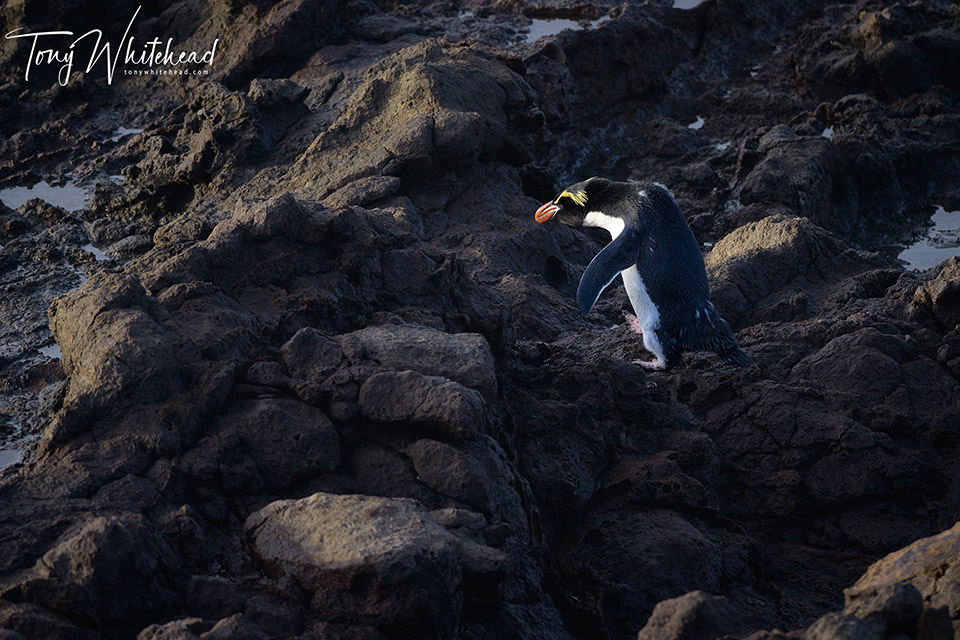
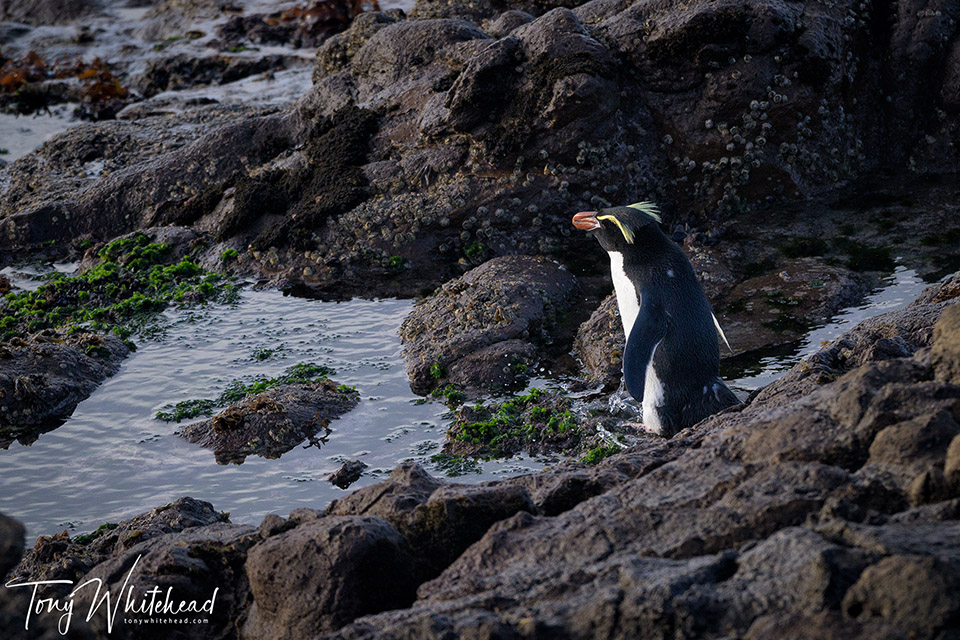
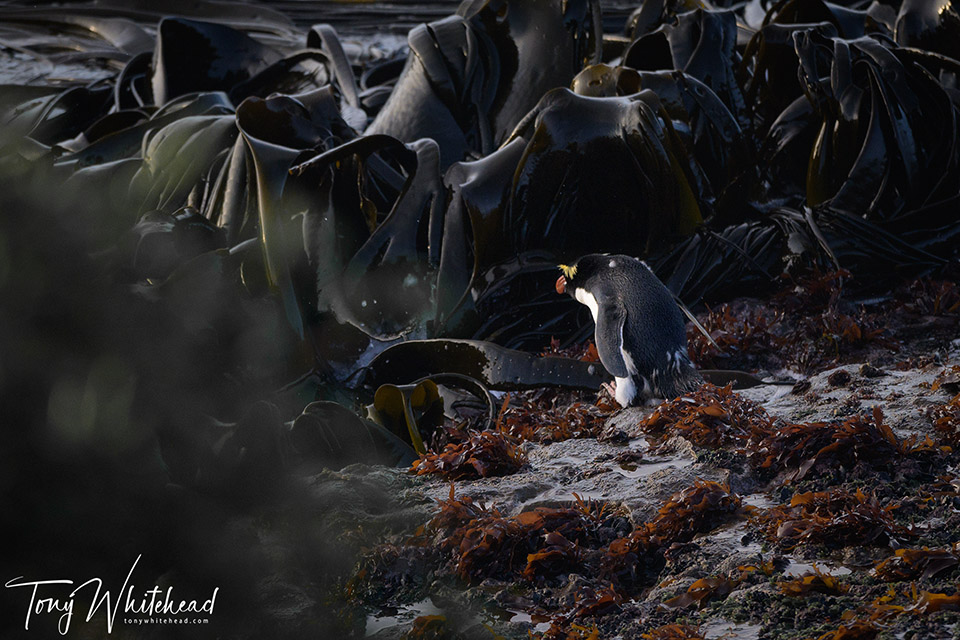
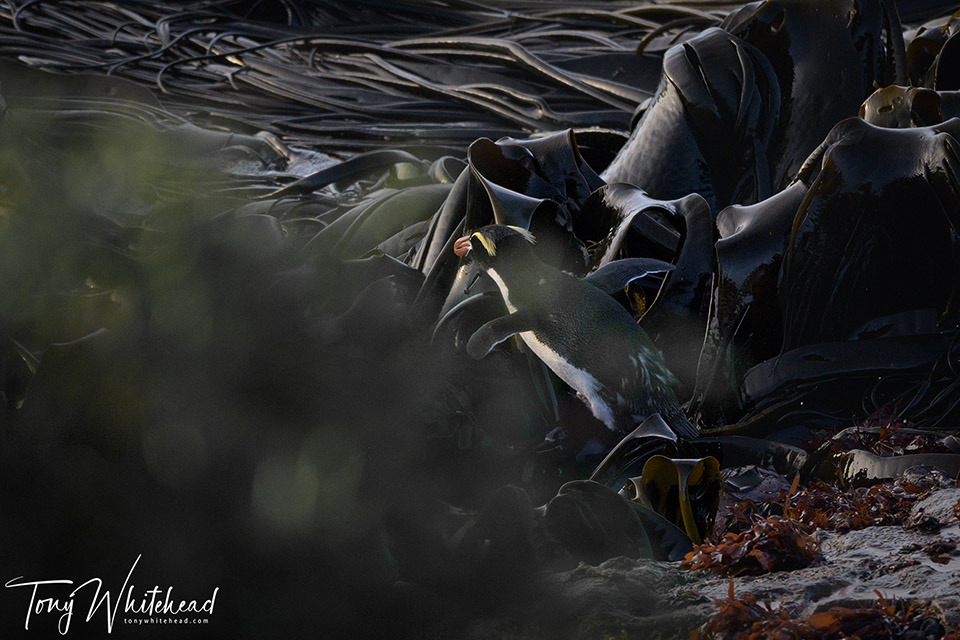
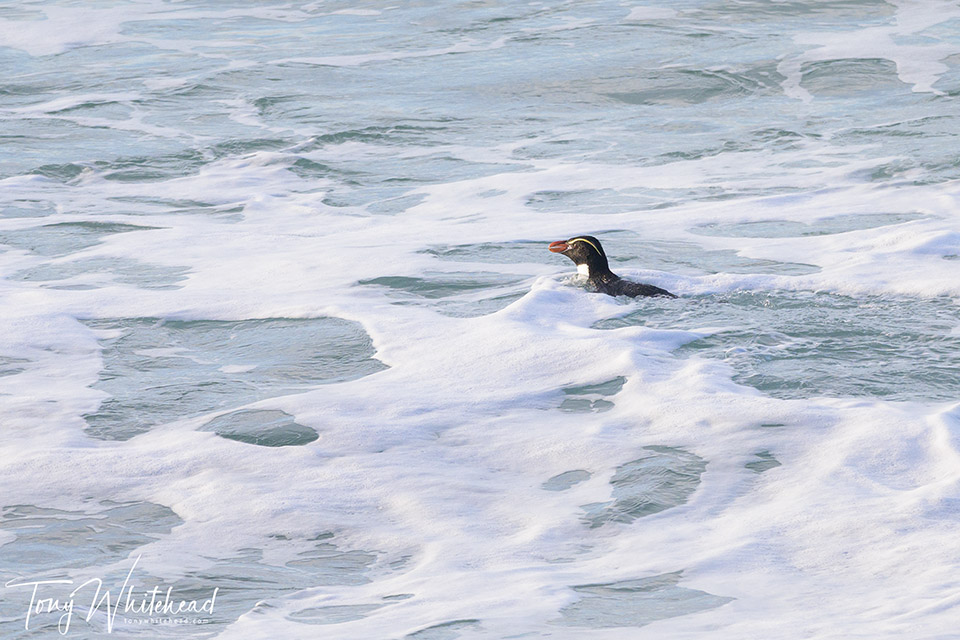
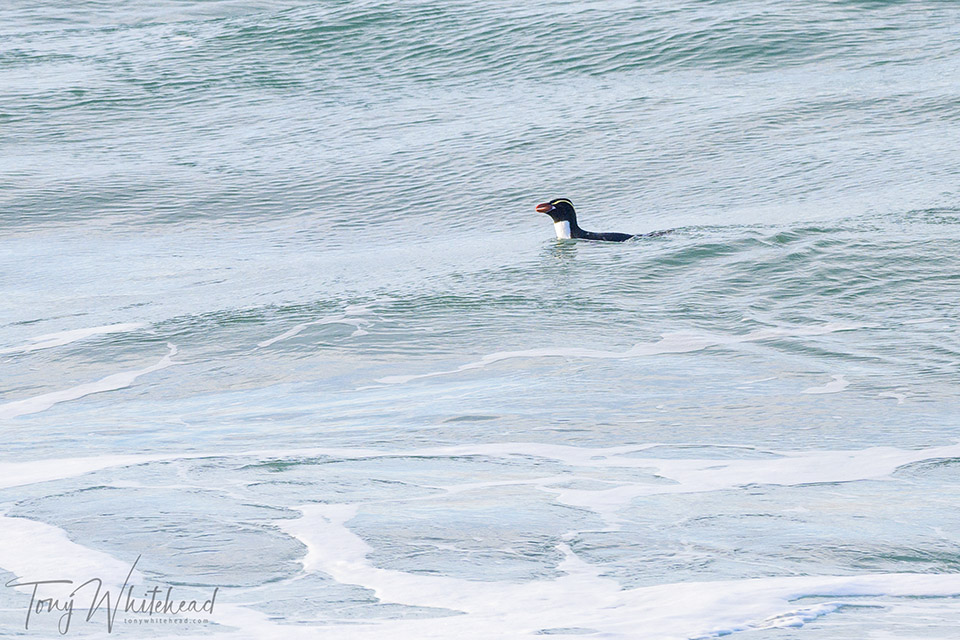
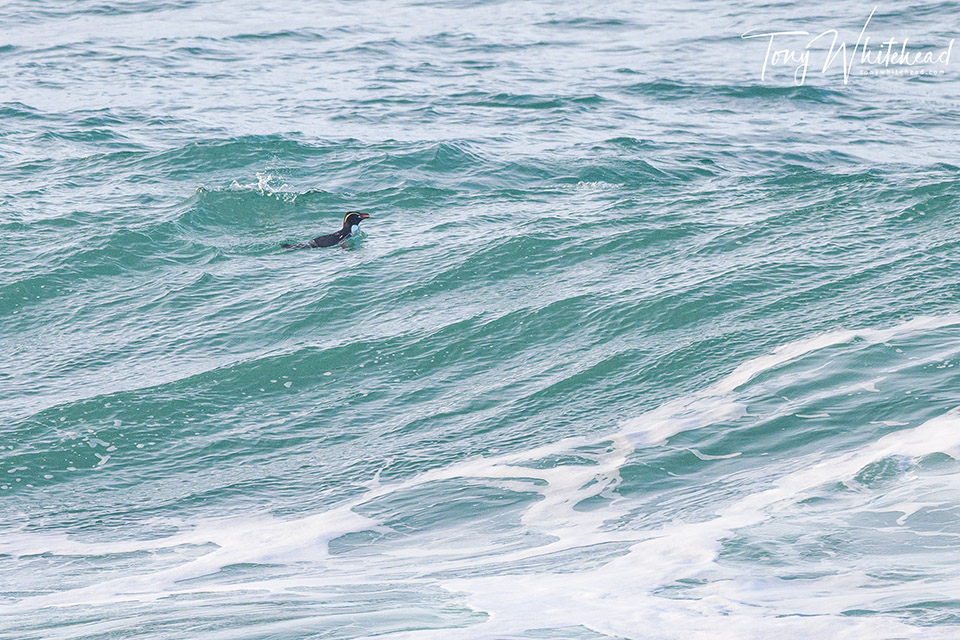
If you’re down Dunedin way I would highly recommend a visit to the OPERA. Under their previous guise as Penguin Place they have enabled habitat protection and breeding opportunities for the endangered Hoiho/Yellow-eyed Penguin as well as rehab facilities for sphenisciformes patients discharged from the Dunedin Wildlife Hospital. Since the transition to the OPERA there has been a significant increase in conservation work with noticeable progress with every 6 monthly visit we make. I’m already looking forward to our next visit in October. If you’d like to join us, visit the Wildlife Masterclass page.
